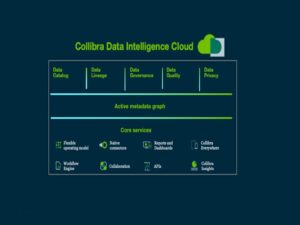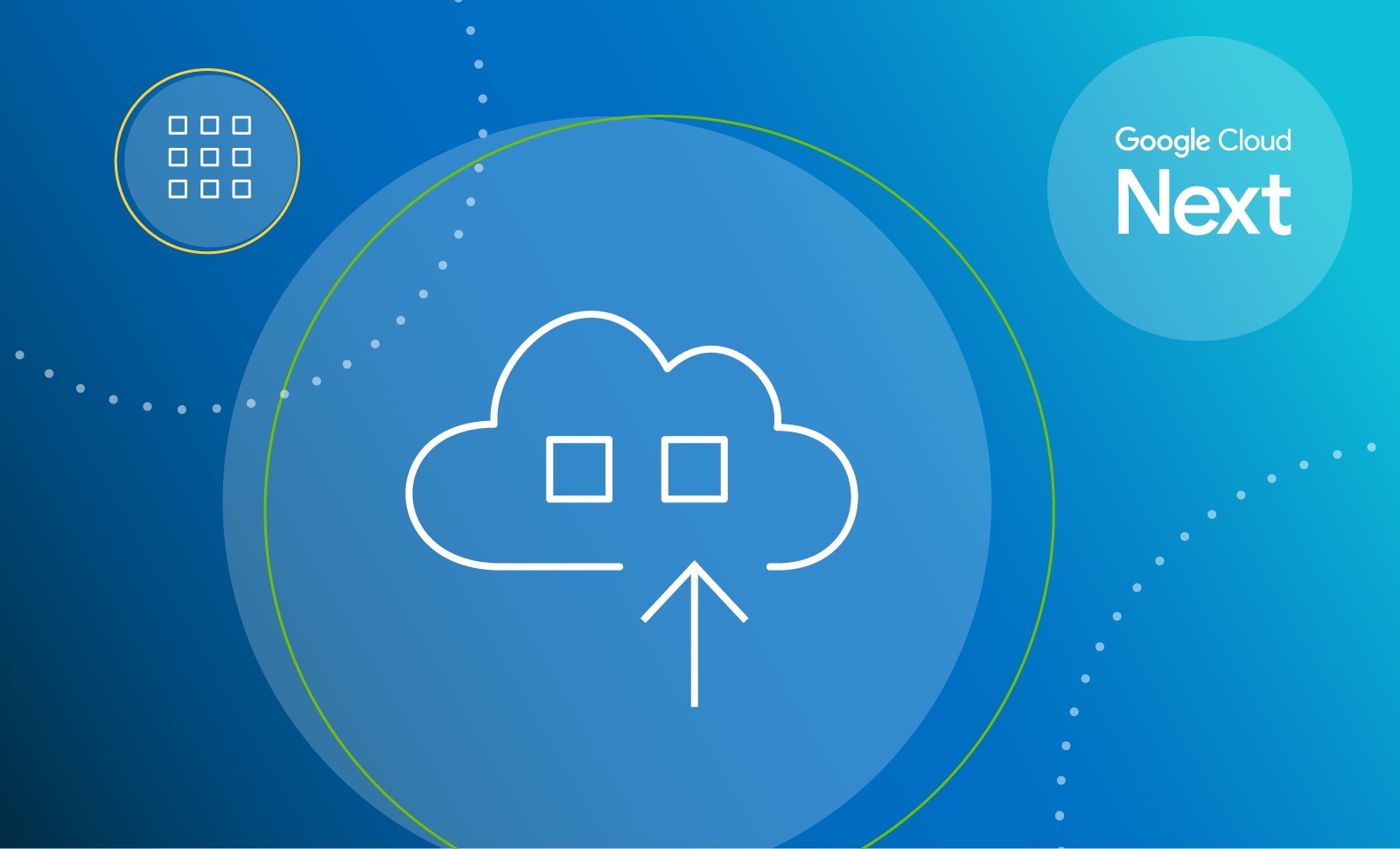The healthcare and life sciences industry are at an inflection point in its digital transformation journey. Across all segments of the industry – from payer, provider, biotech and pharmaceutical – organizations are ramping up on their digital transformation initiatives with a renewed sense of urgency.
This was further emphasized at HIMSS 2022 where the spotlight was on the use of cloud computing solutions, artificial intelligence (AI) and the adoption of Fast Health Interoperability (FHIR) to drive transformative changes in healthcare – across telehealth, telemedicine, genomics, precision medicine and value-based care.
Data key to digital transformation
A key catalyst behind the digitization efforts stem from the need to better manage and derive value from “healthcare and clinical data” in a timely manner.
According to IDC, approximately 30% of the world’s data volume is being generated by healthcare. By 2025, the compound annual growth rate (CAGR) of data generated by the industry alone will reach 36%. The statistics are staggering when one considers that a single patient can generate, on average, 80 megabytes of data each year.
The onslaught of COVID-19 has only exasperated the proliferation of data. The global pandemic has further exposed vulnerabilities and gaps in the healthcare system and its ripple effect on the broader ecosystem of partners.
Lack of data management and poor-quality data drives up costs and risks
Across every segment of the industry – whether it’s payers, providers, pharmaceuticals or biotech firms – all are grappling with a data sprawl and data-related hurdles that can have a crippling effect if not managed appropriately. The challenges range from:
- Operating in a highly complex data landscape with petabyte-scale data spread across hundreds of disparate data sources including legacy systems. Electronic Medical Record (EMR) and Electronic Health Record (EHR) systems coupled with a multitude of point solutions that have a “black-box” effect (whereby data is increasingly difficult to extract, migrate, reconcile or standardize to ensure consistency and transparency). Moreover, data across healthcare and life sciences is largely ungoverned and difficult to find or validate to ensure its’ trustworthiness prior to use in a timely manner.
- Poor-quality data (a combination of duplicate, incomplete, inconsistent and erroneous data) runs rampant across healthcare and life sciences. It is projected, that nearly 30% of healthcare costs are directly attributed to poor-quality data. The impact of poor-quality data can be moderate to severe – resulting in high operational costs, incorrect prescriptions, poor diagnoses and treatments that can have dire consequences. For instance, providers and health information exchanges (HIEs) are burdened with patient matching issues as a result of data quality problems. At the more extreme end, according to the Network for Excellence in Health Innovation, prescription errors result in $21Bn USD per year in losses in US alone and more than 7,000 deaths annually.
- Data privacy breaches resulting in HIPAA non-compliance are also on the rise along with cyberattacks on providers. According to the US Department of Health and Human Services (HHS), 2021 was a record year for data breaches in healthcare with more than 45 million patient records and their Personal Identifiable Information (PII) and Personal Health Information (PHI) exposed or compromised. Moreover, ungoverned and poor-quality data further creates a vulnerable environment for bad actors to exploit by hiding their nefarious activities.
Across healthcare and life sciences, it is imperative that organizations implement a rigorous data management, governance, data quality and privacy strategy in order to drive successful digital transformation initiatives.
The Collibra Data Intelligence Cloud advantage
At Collibra, we work with many of the leading health systems, payers, providers, pharmaceuticals and biotech firms to help them derive value from their data. For instance:
- Cigna – is leveraging Collibra to overcome data silos and improve data literacy as well as transparency.
- UCLA Health – is using Collibra to democratize the use of trustworthy data and enable self-service analytics across research and education, patient care, and more.
Collibra Data Intelligence Cloud is an intelligent data platform that leverages the power of machine learning and provides a holistic and integrated approach to cataloging, governing, protecting, managing and collaborating on data at scale across on-premises, hybrid and multi-cloud environments.

Healthcare and life sciences organizations rely on Collibra Data Intelligence Cloud to:
- Rapidly catalog all their data regardless of where it resides to create a single, trusted repository of metadata (data about data). The catalog offers advanced capabilities that are purpose-built to empower users to easily find and understand the data they need with rich business and technical context at a granular level.
- Enact a comprehensive data governance strategy and develop a consistent data taxonomy, data usage registry, physical and/or logical data dictionary and glossary of terms. With Collibra Governance, organizations can speed the automation of complex policies, rules and guidelines that enable them to ensure adherence to Health Insurance Portability and Accountability Act HIPAA, newly enacted Centers for Medicare and Medicaid Services (CMS) – No Surprises Act, General Data Protection Regulation (GDPR), and more. Pre-built templates, out-of-the-box data domains and intuitive workflows provide a framework for cross-functional teams to establish a common understanding of data to ensure consistency.
- Address data quality and privacy issues at scale to ensure data integrity. For instance, Collibra predictive data quality and observability leverages machine learning (ML)-enabled capabilities to proactively detect anomalies in data such as missing records, values as well as broken relationships across tables or systems resulting in rapid resolution. Moreover, advanced capabilities in data privacy and protection helps ensure sensitive data is easily identified and fully protected with role-based access control.
- Obtain end-to-end visibility with automated data lineage and an active metadata graph enabling users to easily visualize the flow of data from source to target as well as understand all the data dependencies at a granular level.
Next Steps:
To learn more, I would like to invite you to watch the following webinars:
- The Journey to Data Intelligence in Life Sciences & Pharma – featuring Genentech/Roche Group
- Data Intelligence in a Modern Healthcare Organization – featuring Mayo Clinic
- Building the Case for Data Governance – featuring AstraZeneca




